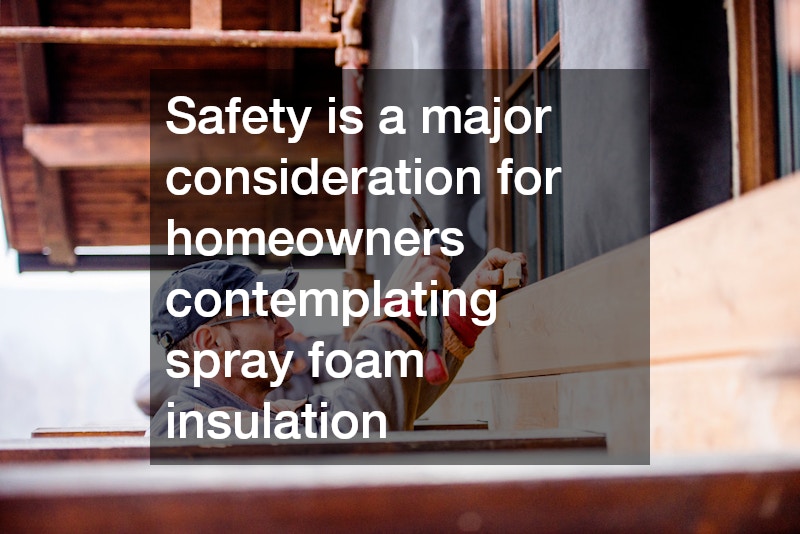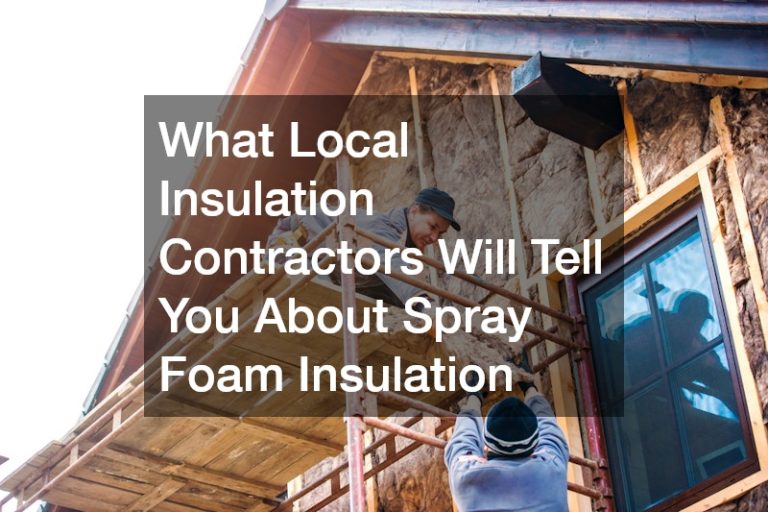Understanding spray foam insulation is essential for homeowners looking to improve their home’s energy efficiency and comfort. Local insulation contractors have unique insights into this insulation option, making them valuable resources for homeowners. Through their experience, they can offer advice on the benefits and potential drawbacks, enabling homeowners to make informed decisions.
Is Spray Foam Insulation Worth the Investment?
Spray foam insulation can seem expensive upfront, but it’s important to weigh these costs against the financial savings it can generate over time. Many contractors emphasize that while the initial expense is higher than other insulation types, the return on investment is typically more advantageous. Homeowners often find that the energy savings and added home value justify the initial investment.
The cost of spray foam insulation includes not only materials but also professional installation, which is crucial for optimal performance. Local contractors point out that, despite this higher initial cost, the long-term benefits often include significant savings on energy bills. Additionally, the increased marketability of a home with efficient insulation can recuperate some of these costs upon sale.
Contractors affirm that a thorough cost-benefit analysis should include potential repairs or upgrades needed for other insulation types. Spray foam’s durability and airtight characteristics contribute to fewer maintenance needs. Over time, the reduction in heating and cooling costs often offsets the price difference.
One of the most significant advantages of spray foam insulation is its ability to create an airtight seal, minimizing heat loss. Local contractors highlight that this can lead to substantial energy savings and a more comfortable living environment. In many cases, homeowners report experiencing a notable reduction in their utility bills post-installation.
The insulation’s high R-value ensures superior thermal resistance, which means less energy is required to maintain a consistent indoor temperature. Contractors often cite this efficiency as a key reason for its popularity among eco-conscious homeowners. With energy costs continually on the rise, investing in spray foam can be a smart move financially.
Another aspect contractors point out is that spray foam doesn’t settle or sag over time like other insulation materials. This stability helps maintain an energy-efficient shell around the home. As a result, the savings in energy costs are not a temporary benefit but a long-term one.
How Safe is Spray Foam Insulation?
Safety is a major consideration for homeowners contemplating spray foam insulation. According to local contractors, the materials used in quality spray foam comply with rigorous safety standards. When properly installed, it can be a safe and effective insulation choice.
Environmentally, spray foam has a lower impact compared to other insulation materials due to its energy-saving properties. Contractors often emphasize how reduced energy consumption translates to a smaller carbon footprint. Additionally, advanced formulations of spray foam are available that further minimize environmental impact.
While production of the foam does involve chemicals, contractors point out that the long-term environmental benefits often outweigh the initial impact. The insulation’s ability to seal gaps and prevent air leakage results in decreased energy consumption. Consequently, it contributes positively to sustainable living goals for environmentally-conscious homeowners.
During installation, spray foam insulation can emit gases through a process known as off-gassing. Contractors underline the importance of appropriate ventilation during and after installation to mitigate potential health risks. Once fully cured, spray foam is generally stable and safe.
Some homeowners worry about chemical exposure, but experienced contractors stress that following safety protocols can minimize these risks. They recommend professional installation to ensure that all safety measures are adhered to. Homeowners can rest assured knowing that qualified professionals prioritize safety to protect the health of the building’s occupants.
The potential for off-gassing is highest during and immediately after application. Local experts advise maintaining a well-ventilated space during this period. Once the foam has cured, typically within 24 hours, any health concerns related to off-gassing are significantly reduced.
What Should You Know Before Choosing Spray Foam Insulation?
There are two main types of spray foam insulation: open-cell and closed-cell. Local contractors help homeowners understand that open-cell foam is less dense and more affordable but has a lower R-value compared to closed-cell foam. Closed-cell foam, though more expensive, provides superior insulation and adds structural integrity to buildings.
Open-cell foam is typically used for interior spaces where soundproofing is also desired. Contractors often suggest closed-cell foam for external applications due to its moisture resistance and higher thermal insulation qualities. Determining the best type of foam depends on several factors, including climate, budget, and specific insulation needs.
Ultimately, the choice between open-cell and closed-cell foam should be based on a thorough needs assessment. An experienced contractor can guide homeowners in making the best decision for their particular situation. Each type offers unique benefits and limitations, so professional input is invaluable for optimizing insulation performance.
Preparation for spray foam insulation installation is a crucial step that influences the end result. Local contractors advise homeowners to clear the work area to facilitate a smooth installation process. It is also essential to address any pre-existing moisture issues before the installation begins.
Contractors can offer insights into specific preparations needed, such as removing old insulation or sealing air leaks. These preparatory steps ensure that the spray foam can adhere properly and perform to its full potential. Proper preparation also helps in identifying areas that might require special attention during application.
The installation process is typically quick, but requires careful application to achieve a consistent thickness and even distribution. Contractors stress the importance of following manufacturers’ guidelines during installation to ensure optimal performance. From start to finish, professional guidance can streamline the process and mitigate potential issues.
Spray foam insulation offers a range of benefits from energy savings to enhanced home value and environmental sustainability. Local contractors play an essential role in guiding homeowners through the decision-making process, given their in-depth knowledge and practical experience. Consulting with a professional ensures a successful insulation project, reinforcing the many advantages of choosing spray foam for your home.

